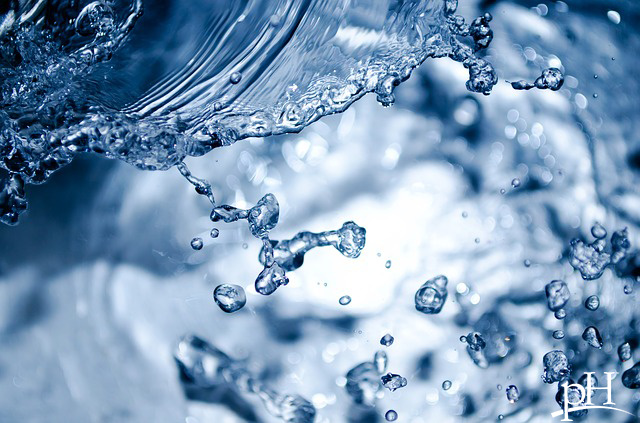Colonics: Super detox or super dangerous?
11 years ago | Digestive Health
By pH health care professionals
Colonics have been surrounded with controversy over the years, with many celebrities endorsing the practice. But is this invasive process of detoxification as good for you as it seems?
What is a colonic?
Sometimes called colonic irrigation or hydrotherapy, a colonic refers to the practice of placing a tube into the rectum; this tube is then attached to special equipment through which large amounts of water, sometimes mixed with herbs or other substances, are introduced into the colon (large intestine) for the purpose of removing waste matter.
There has been a lot of controversy surrounding the use of colonics for detoxification. One theory suggests that colonic detoxification is not recommended because the digestive system naturally eliminates waste and bacteria on its own. Other theories point out that toxins in the digestive tract can cause a host of health problems such as arthritis, allergies and asthma.
Why do some people choose to get colonics?
The main argument in favor of colonics is the concept of “autointoxication,” which has been around since the ancient Egyptians. The belief is that the stagnation of feces in the colon causes toxins to be absorbed into the bloodstream, ultimately poisoning the body. Other pro-colonic theories include the notion that hardened feces may accumulate along the lining of the colon leading to an overgrowth of harmful bacteria, which can interfere with the absorption of water and nutrients.
But is it dangerous?
While some studies have noted no adverse side effects of colonics, others have seen side effects including nausea, diarrhea and nervous disturbances, to name a few.
The downside of colonics includes the possibility of complications, such as:
- Dehydration
- Cramps and abdominal discomfort
- Disruption of the colon’s delicate bacteria environment
- Electrolyte depletion (see here and here)
- Overhydration, also called “water intoxication,” which can cause hyponatremia, which is when sodium levels in the blood drop too low
- Fatal perforation of the colon (see here, here, here, here)
Although doctors prescribe colon cleansing as preparation for medical procedures such as a colonoscopy, most do not recommend colonics for detoxification. In fact, the FDA has not approved the devices for colon hydrotherapy, and they are only approved for medical procedures.
Should you try this?
Colonic irrigation enjoys widespread popularity in the alternative medicine community, while being viewed with considerable skepticism by the conventional medical community. Many doctors are skeptical because scientific research has not proven colonics to be an effective therapy and there are considerable risks.
Also consider that the colon may not need help eliminating waste matter when you are doing what you are supposed to be doing. Incorporate the following simple habits, instead of going to the extreme of colonic irrigation:
- Eat a high-fiber diet rich in fruits and vegetables.
- Drink plenty of water.
- Enjoy regular, vigorous exercise.
Bottom line: the less toxic your lifestyle, the less need there is for detoxification or drugs. If you are concerned about the health of your colon, it is also best to consult with a health care professional. Join our pH Patient Advocates program to learn what questions you should be asking your doctor to make sure your colon (and your body!) is operating optimally.
Enjoy Your Healthy Life!
The pH professional health care team includes recognized experts from a variety of health care and related disciplines, including physicians, attorneys, nutritionists, nurses and certified fitness instructors. This team also includes the members of the pH Medical Advisory Board, which constantly monitors all pH programs, products and services. To learn more about the pH Medical Advisory Board, click here.







